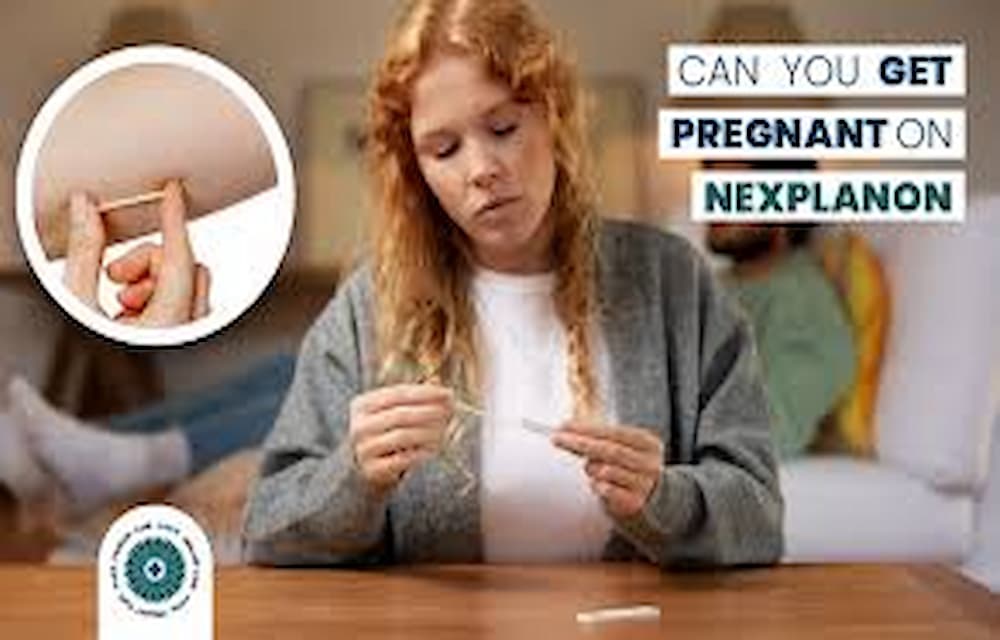Related Articles
Nexplanon is a highly effective form of birth control, but if you’re looking to conceive and find yourself struggling while using this contraceptive, you’re not alone. Nexplanon is a small, rod-shaped implant that releases hormones to prevent pregnancy, and while it’s over 99% effective at preventing conception, there are steps you can take to improve your chances of getting pregnant once you decide to stop using it. This guide provides practical tips and insights to help you navigate the process.
Understanding Nexplanon and Its Impact
Nexplanon is a hormonal implant inserted under the skin of your arm. It releases etonogestrel, a form of progesterone, which prevents ovulation, thickens cervical mucus, and thins the uterine lining. While it’s a reliable contraceptive, its effects can be reversed once the implant is removed.
1. How Nexplanon Works
Nexplanon prevents pregnancy primarily by:
- Inhibiting Ovulation: It stops the ovaries from releasing eggs.
- Thickening Cervical Mucus: This makes it harder for sperm to reach any eggs that might be released.
- Altering Uterine Lining: It makes the uterine lining less suitable for a fertilized egg to implant.
Steps to Take If You Want to Get Pregnant
If you’re ready to start a family and have been using Nexplanon, here are the steps to take to increase your chances of getting pregnant:
1. Consult Your Healthcare Provider
Before making any changes, consult your healthcare provider to discuss your plans and get personalized advice. They can help you understand how long it might take for your fertility to return to normal and address any health concerns.
- Discuss Removal: Schedule an appointment to have Nexplanon removed. The procedure is quick and typically performed in a healthcare setting.
- Assess Health: Your doctor might recommend a health check to ensure there are no underlying issues affecting your fertility.
2. Wait for Fertility to Return
After removing Nexplanon, your body needs some time to adjust and resume normal ovulation. For most women, fertility returns almost immediately, but it can vary.
- Timing: Some women conceive right away, while others might take a few months. It’s important to be patient and monitor your cycle.
- Track Ovulation: Consider using ovulation predictor kits or tracking your cycle to identify your fertile windows.
3. Optimize Your Health
Maintaining good overall health can improve your chances of conceiving. Focus on the following:
- Balanced Diet: Eat a healthy, balanced diet rich in vitamins and minerals. Foods high in folic acid, iron, and calcium are particularly beneficial.
- Regular Exercise: Engage in regular physical activity to maintain a healthy weight and reduce stress.
- Avoid Harmful Substances: Refrain from smoking, excessive alcohol consumption, and recreational drug use.
Addressing Potential Concerns
If you’re having trouble conceiving after removing Nexplanon, it’s essential to rule out other factors that could be affecting your fertility:
1. Evaluate Hormonal Health
Changes in your menstrual cycle or hormonal imbalances can affect your ability to conceive. Consult your doctor if you have irregular periods or other symptoms that concern you.
2. Consider Partner’s Health
Both partners should consider their health when trying to conceive. A healthcare provider can help evaluate and address any potential issues on either side.
Seeking Professional Help
If you’ve been trying to get pregnant for over a year without success (or six months if you’re over 35), it may be time to seek help from a fertility specialist. They can offer advanced diagnostic tests and treatment options.
Conclusion
Getting pregnant after using Nexplanon is entirely feasible with the right approach and patience. By consulting with your healthcare provider, allowing your body time to adjust, maintaining good health, and addressing any potential issues, you can increase your chances of conception. Remember, everyone’s journey is unique, and seeking professional guidance can make a significant difference.
For more information on managing contraceptives and preparing for pregnancy, visit our website and explore our comprehensive resource




